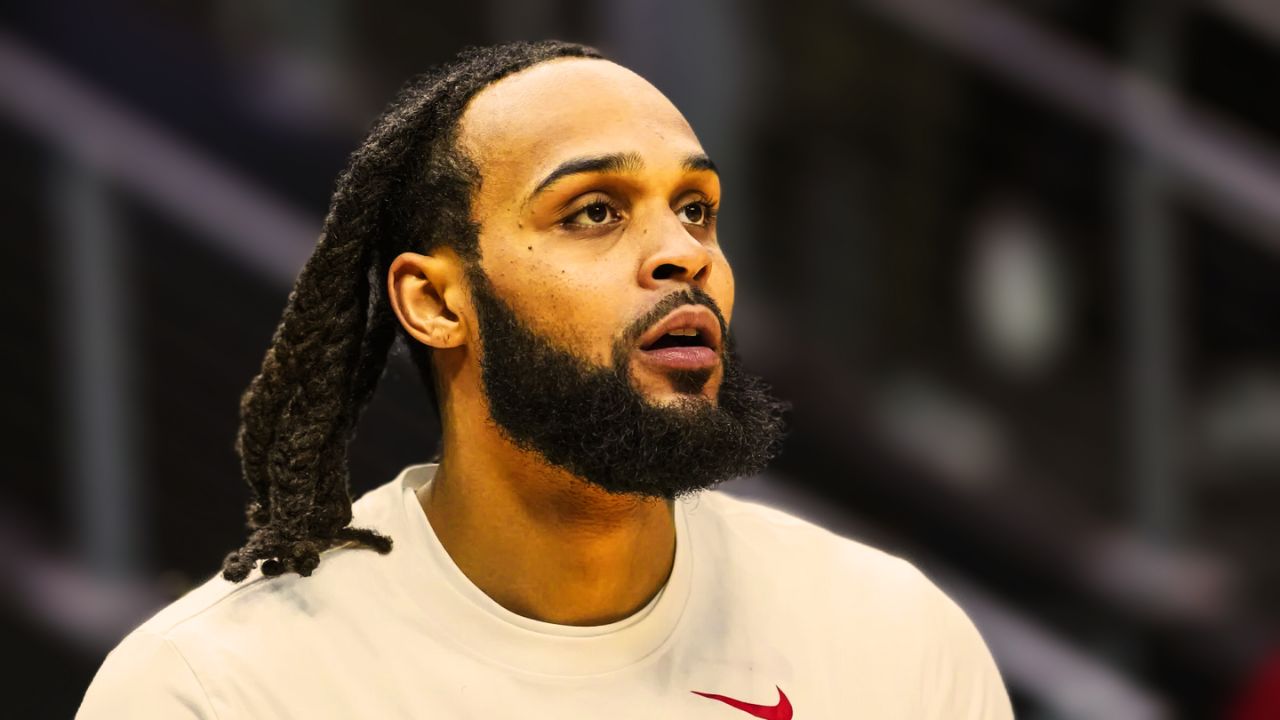Introduction
In a surprising turn of events, Gary Trent Jr., one of the most sought-after players on the free-agent market, might have missed his best chance for a lucrative contract. The Toronto Raptors, who initially showed interest in re-signing the 25-year-old guard, have reportedly withdrawn their offer. This development underscores the complexities and uncertainties of the current NBA free agency landscape, influenced heavily by the new collective bargaining agreement and teams’ cautious spending strategies.
The Initial Offer and Its Withdrawal
Before engaging in several other transactions, the Raptors were prepared to re-sign Trent for an annual salary around $15 million, according to TSN’s Josh Lewenberg. This offer, however, was a pay cut from the $18.6 million he earned last season. Trent, aiming for a more substantial deal, sought approximately $25 million annually, per TSN. Unfortunately for Trent, the Raptors’ initial offer is now off the table, as reported by both TSN and Sportsnet’s Michael Grange.
Trent’s Performance and Market Dynamics
Last season, Trent averaged 13.7 points in 28.1 minutes per game for the Raptors and made 43.1% of his pull-up three-pointers. Despite not having a career year, his performance was solid enough to keep him in discussions among potential suitors. However, the current free-agent market is challenging for non-star players due to several factors, most notably the new collective bargaining agreement. Many teams are exercising caution with their spending, making it imperative for free agents to secure deals quickly or risk being left without lucrative offers.
Toronto’s Strategic Approach
The Raptors’ strategy reflects a broader trend in the NBA. According to Raptors general manager Bobby Webster, the team was willing to bring Trent back under a team-friendly deal that could be traded for positive value in the future. “You want to be strategic about what’s tradable, what’s not tradable,” Webster told reporters on June 27. This cautious approach is driven by the need to manage upcoming big contracts and stay under the luxury tax threshold. The Raptors have already added salaries from players like Davion Mitchell and Sasha Vezenkov in a deal with the Sacramento Kings, and recently picked up Bruce Brown’s $23 million player option, leaving them less than $300,000 below the luxury tax line.
Gary Trent Jr. might have passed on his best offer from the Toronto Raptors, seeking a higher salary. Several factors affecting non-star free agents like him include the conservatism of teams in spending money due to the new… https://t.co/68YTiOqccl
— NBA Digest (@nba_digest) July 9, 2024
Comparison with Other Free Agents
Trent’s situation is reminiscent of Caleb Martin’s experience before he signed with the Philadelphia 76ers. The Miami Heat reportedly offered Martin an extension contingent on him picking up his $7.3 million player option. This deal would have paid him $65 million over the next five seasons. However, Martin eventually signed a four-year deal with the Sixers worth $35 million, plus $5 million in potential bonuses, with a fourth-year player option.
Trent’s Future Prospects
Toronto is set to meet with Trent’s representatives this week in Las Vegas, according to TSN. However, the team’s recent actions suggest they may not be planning to bring him back. Given the current market dynamics, Trent might have to consider signing a one-year deal with a team that offers the best basketball opportunity, then re-enter free agency next summer in hopes of securing a more favorable contract.
The Impact of the New Collective Bargaining Agreement
The new collective bargaining agreement has significantly impacted free agency, particularly for non-star players like Trent. Teams are more conservative with their spending, making it difficult for players to secure the deals they desire. This cautious approach is likely to continue as teams navigate the financial implications of the new agreement.

The Role of Team Dynamics and Financial Constraints
For the Raptors, financial constraints and strategic planning are at the forefront of their decision-making process. With significant contracts already on their books and the need to stay below the luxury tax line, the team must make careful choices about how they allocate their resources. This strategic approach can sometimes lead to difficult decisions, such as withdrawing an offer for a player like Trent.
Potential Landing Spots for Trent
As Trent navigates the free-agent market, several teams might be interested in his services, especially those looking to bolster their backcourt with a reliable scorer and defender. Teams with cap space and a need for shooting might present the best opportunities for Trent to secure a favorable deal.
The Broader Implications for Free Agents
Trent’s situation highlights the broader implications for free agents in the current NBA landscape. Players must be prepared for a competitive market where offers can be scarce and negotiations complex. Flexibility and a willingness to consider various opportunities, including short-term deals, might be necessary for players to navigate this challenging environment successfully.


